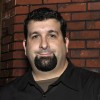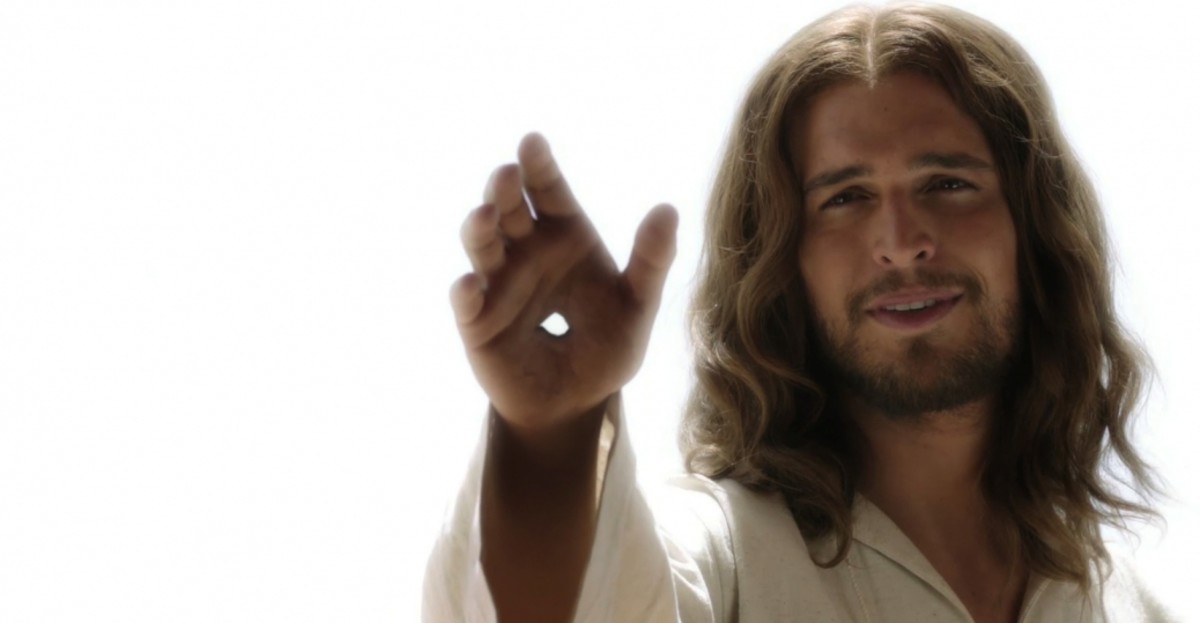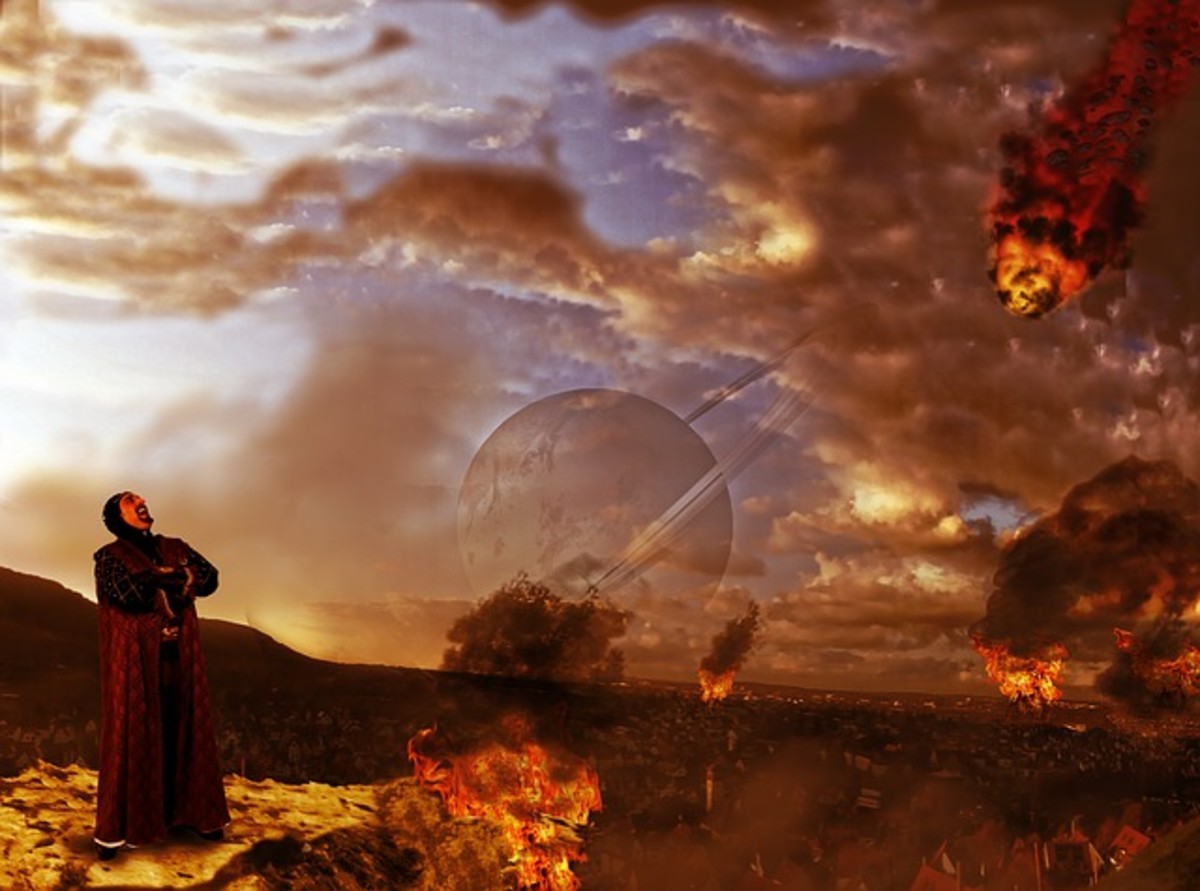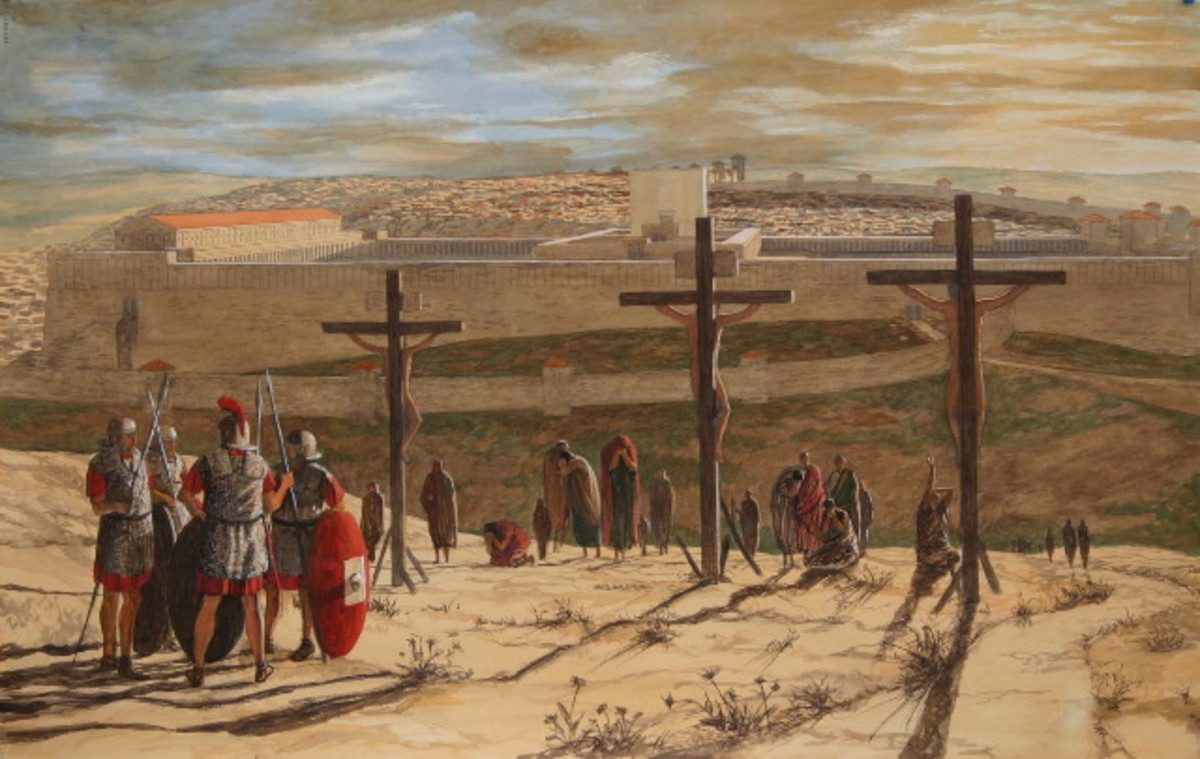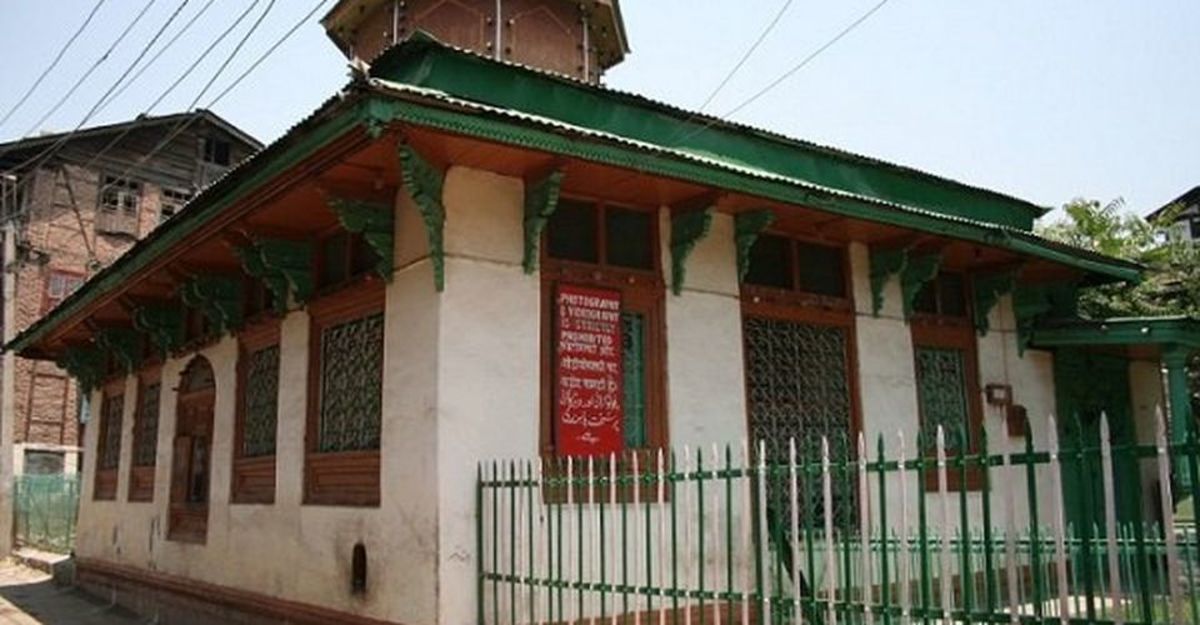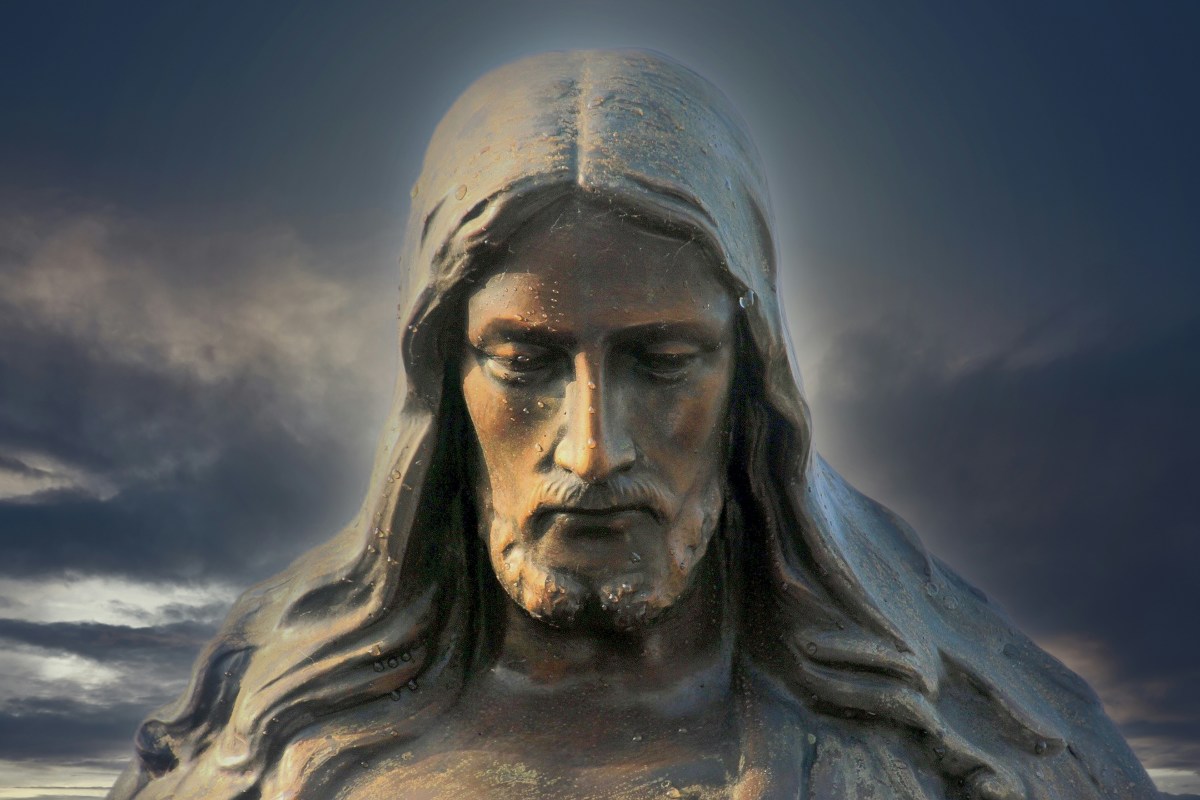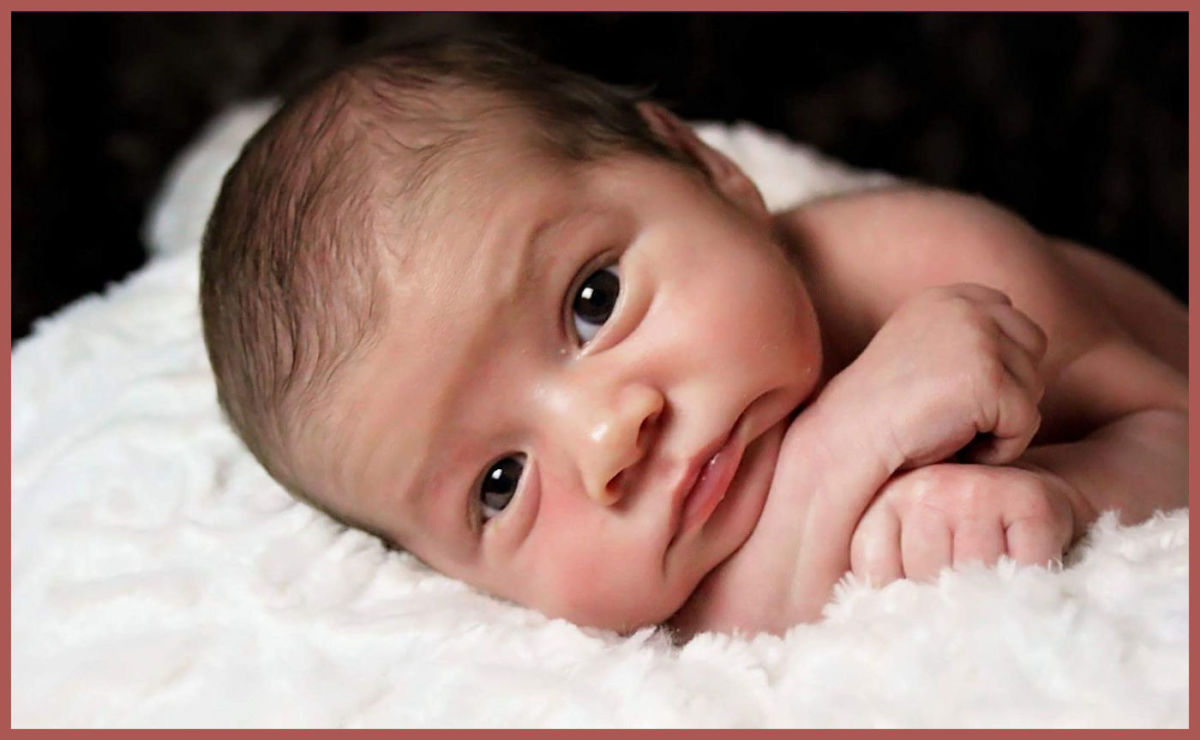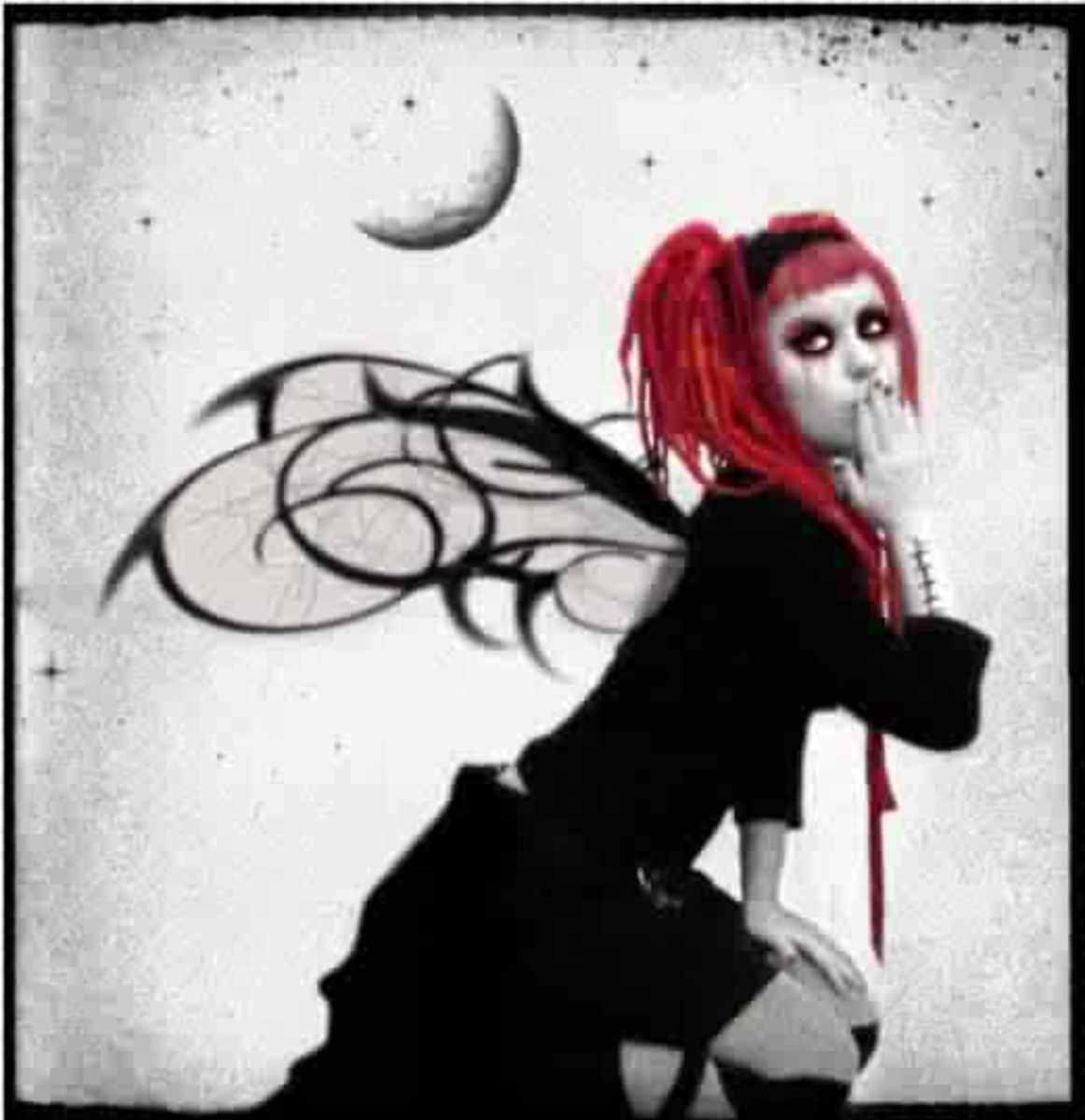Mad Max Gone Mad!
Ross in Israel
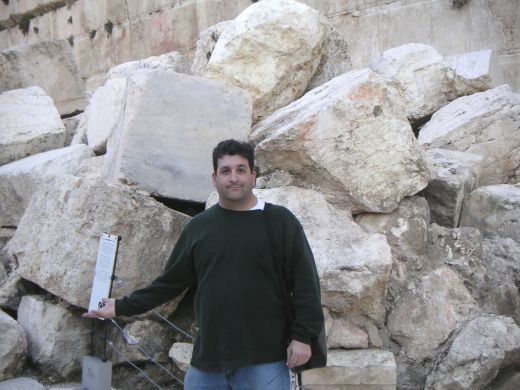
Mad Max Gone Mad
Before Mel Gibson's drunk driving arrest, I was a huge fan. I still love his films like "Braveheart" and "The Patriot," but skipped "Apacolypto" in protest. When it was announced recently that Mel Gibson was going to be on Jimmy Kimmel Live following the Academy Awards, I was hoping Mel would shed some light on his anti-semetic rant. It turned out that Mel was simply doing a comedic short made specifically for Kimmel's show. I guess Mel can only make a film about a Jew getting crucified for his beliefs. When "The Passion of the Christ" was in theaters I attended with an open mind as I very much admire Mel's films. I actually really liked it and I'm Jewish. I was okay with the portrayal of the Jews.
In 2004 I wrote the following article about people's reactions to "The Passion of the Christ." The people were from various religious backgrounds. I attended a few different gatherings lead by people of various faiths. I thought this might be a fitting article to add to my Hubpages. Enjoy!
The Passion Controversy
In early March 2004, a small group of Jews congregated at Temple Kol Tikvah in Woodland Hills, CA, to discuss the film, “The Passion of the Christ.” There was an enormous amount of tension stirred up. Only a handful of about twenty-five citizens had seen the film since it’s opening in theaters a few weeks earlier. One father spoke about his distraught seven-year-old daughter who told him that another girl teased her in school, calling her a ‘Christ killer.’
Rabbi Steven Jacobs, in his mid-sixties, an advocate for interfaith relations, lead the discussion at Kol Tikvah. He was invited to numerous similar discussion groups since the film’s release. Jacobs lead a forum at the Church of Blessed Sacrament in Hollywood on March 30th. He was then invited to speak by Bella Vita retirement community in one of the ballrooms at the Sportsmen’s Lodge in Studio City on April 22. This discussion included the Rt. Reverend Alexei Smith, Director of Ecumenical and Inter-religious Affairs, and was moderated by Sam Rubin from KTLA News. This much larger crowd filled hundreds of seats. The following reactions and observations were taken from these meetings.
According to Jacobs, the cross in the film represented the crucifixion of the Jewish people. The rabbi mentioned that for two thousand years the Jews have been accused of killing Jesus. Although Jacobs was very prepared for the story and the characters involved, the depiction of the Jews made him furious. He said that the Jews in the film, except for Jesus’ disciples, are few and often sadistic. “In two hours, Christians watched their savior tortured and killed. For the same two hours, Jews are watching Jews arrange the torture and the killing,” said Jacobs, adjusting his prescription glasses.
The rabbi expressed his concern of the movie playing in areas of Europe and the Middle East where there’s already much hostility toward Jews. Jacobs suggested how the concern could make Jews paranoid. Jacobs said that it’s essential that Christians understand that every Jew, no matter what affiliation such as secular, religious, non-religious, left wing, right wing, fears being killed because they’re Jewish. “It is the only universally held sentiment amongst Jews,” said Jacobs. The rabbi added that what Jews need to understand is that most American Christians watching this film don’t see the Jews as the villains. Jacobs went on to say that most American Christians, Catholic and Protestant believe that a city humanity killed Jesus. He then mentioned that for most Christians it was God who made Jesus’ crucifixion happen, not the Jews or the Romans. Jacobs added that most Christians feel that Christ’s entire purpose was to come to this world and be killed for humanity’s sins.
A man in the audience asked a question about the line in the film, “May the blood be upon our heads and the heads of our children.” The line had been taken out in English, but left in Aramaic, Rubin then asked the panel if one line mattered. Smith, a man in his sixties with a grey beard and wearing a black cloak, said that it depended on the line. He said that the whole quote has been used a lot in anti-Semitic thought. Smith added that the line is said through a leader of the Jews. Smith cautioned the man in the audience, “We’re trying to teach our people not use that term broadly when it comes to the Passion narratives. Not every Jew has originally said that.”
Jacobs believes that including Jews earlier on might have prevented the film from appearing anti-Semitic. Jews that snuck into preview screenings may not have jumped on the anti-Semitic bandwagon.
The usage of the passage of Isaiah in the film’s opening is problematic to Jacobs. Jacobs stated how the New Testament is misleading and suggests that Jesus was born to a virgin. The rabbi said that the original Hebrew of that verse uses the word, alma. Alma means a young woman. It does not mean a virgin. Jacobs indicated that when something is translated into a language and then translated into another language, it’s very likely to misinterpret the original meaning. “It’s the way you see the Bible, you see the Testament written in a particular kind of way,” said Jacobs. The rabbi said that what’s in these sources and scriptures needs to be put into perspective. A section is taken and elaborated on to create stories around it. “You have to understand what (gospel) writers did,” said Jacobs. “They weren’t there.”
Jacobs didn’t like the fact that in the film Jesus’ trial occurred at night. Jewish law prevented trials to take place at night. According to the rabbi, Pontius Pilate came across as too compassionate. Another man in the audience asked about what the Jews are taught about Pontius Pilate. Jacobs said that very little is taught in Hebrew school about Pilate.
The rabbi said that Gibson is entitled to tell his version of the story of Christ. The rabbi mentions how he would have preferred the film to show a little more of the resurrection. “The resurrection is what is so powerful about humanity,” said Jacobs. “The Resurrection is integral to redemption, for it is the other side of the Cross,” said Smith stating that redemption is not complete in the Cross or crucifixion. “In the Resurrection, the Father gives Jesus new life.” Smith said that that life is the consummation of Jesus’ earthly life and death. “The movie, “The Passion of the Christ,” did not emphasize this, and for this reason – apart from its relentless violence and its failure to establish a connection between the Divinity and Humanity of Christ, let alone the problematic scenes to which I referred,” added Smith. “I do not view the film positively.”
The rabbi disliked the idea that Gibson relied on a source that was an 18th Century anti-Semitic nun, Sister Anna Emmerich. Jacobs talked about Gibson’s response in the interview with Diane Sawyer. “I don’t think I’d say ‘Let’s not go there.’ I would say that my father has his own thoughts. I do not share them. I think that that would have gone a long way,” said Jacobs. Jacobs’ feeling is that Mel Gibson was troubled and identified strongly with his own guilt. He believes that the scene in which Gibson’s own hand is used to hammer the nails into Jesus has a great deal to do with his past.
Smith added that Gibson rejects certain teachings of Vatican II. He mentioned that one of these teachings would include Nostra Aetate, a document produced in 1965 that means “in our time.” It is a declaration on the relationship of the Catholic Church to non-Christian religions. Smith mentioned how the archdiocese is approaching the document’s 40th anniversary. “The Catholic Church rejects nothing that is true and holy in these religions. The document further mandates a change in our relationship with these faiths particularly a change in our relationship with Judaism,” said Smith. Smith mentioned that Gibson built two chapels in Agoura and Malibu. At the Cardinal’s office, Smith overhears calls from people wanting to know the addresses, but these churches are not recognized by the archdiocese. His church does not push anyone there.
Rubin asked the panel if people were better off with or without the movie. Although he remains upset about some elements in “Passion,” Jacobs realized the great opportunity for interfaith communities to discuss the film with each other. In the beginning, Jacobs felt very uncomfortable and wished that “Passion” had not been produced. “I was concerned that part of the fabric that we built together would be desecrated,” said Jacobs, referring to the work that Jews and Christians had done in interfaith communities. The rabbi said that it’s easy to talk about truths within your own congregation, but it’s very difficult to discuss truths with other communities of faith. “It is a time to speak truths. And for people who have grown up on the gospels or who really don’t understand their Christian religion to understand how Jews feel about this movie,” said Jacobs.
Smith mentioned how the film has caused him a great deal of work, but he looks at that work as a golden opportunity. He said how he and the rabbi brought together a large amount of people that most likely wouldn’t have had that opportunity before. Smith said that the opportunity reminds people to learn about other faiths. “What the archdiocese and I share is a number of inter-faith dialogues with the Buddhists, for example, with the Hindus. Imagine this film was the hot topic in our dialogue sessions. They wanted to know what it was all about. They wanted to know what the controversy was or to raise their awareness of where the Jews are coming from,” said Smith.
“I have emerged in a way in which I wanted to communicate about the goodness of our lives together and even when we differ be able to understand the film that I saw as a Jew and the film that you saw as a Catholic, as a Christian. That’s the way we move ahead in this world,” said Jacobs. He added, “My initial anger gave way to something else. There’s a part of me that wants to invite Mel Gibson, not in any patronizing kind of way, to come and to dialogue with me in the synagogue,” said Jacobs. ”We can learn from each other because ultimately that’s what this film is about. I think the only way we’re going to make it is by understanding one another. There are more of our similarities than our differences.”
Sources
Discussion group with Rabbi Jacobs and Father Smith and Sam Rubin of KTLA at Sportsmen’s Lodge April 22, 2004 – Sponsored by Bella Vita. Discussion group with Rabbi Jacobs at Blessed Sacrament Church March 31, 2004
Discussion group with Rabbi Jacobs at Kol Tikvah March 3, 2004
